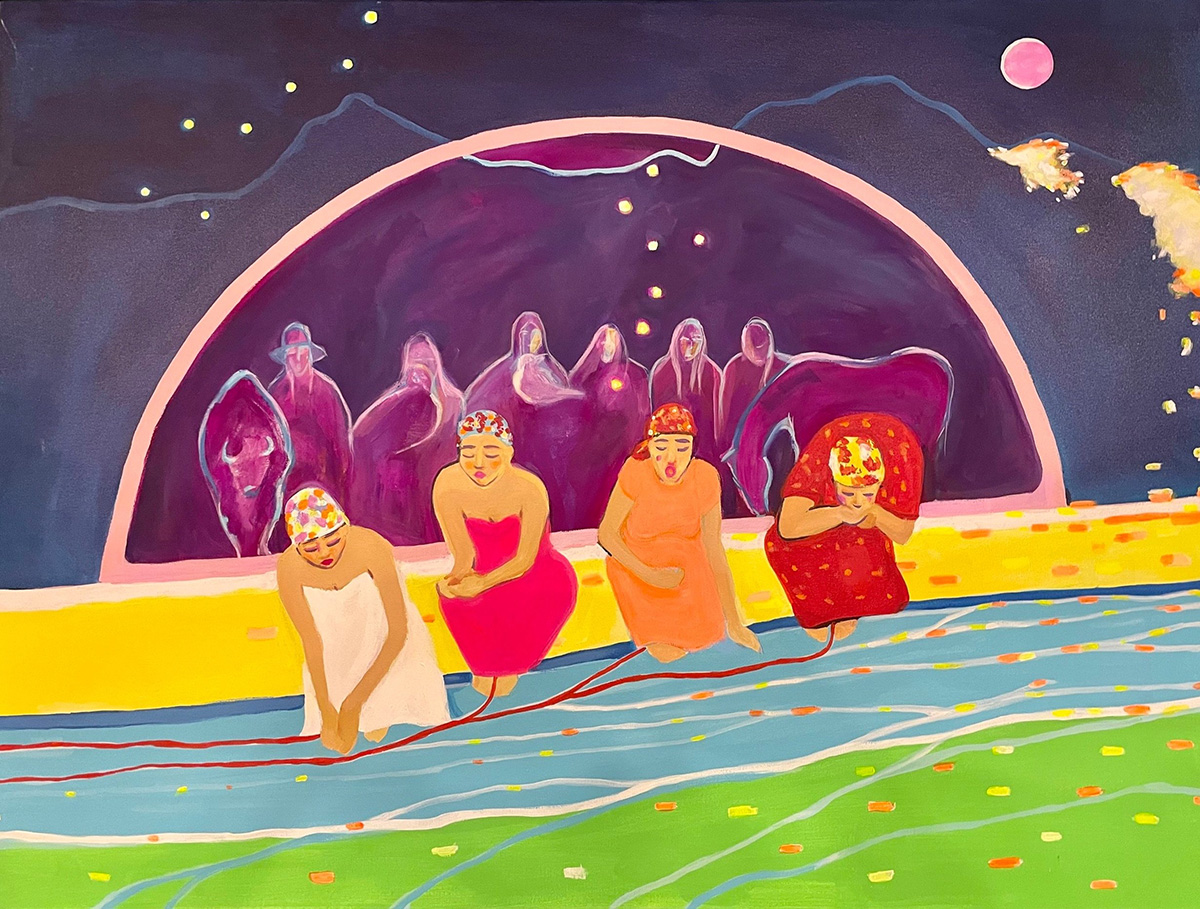
Make Sure we Hear them First
Integrating users and science through collaborative research projects
Alida Thiombiano
Postdoctoral Research Associate at University of Calgary, Department of Geography, Hydrologic Analysis Lab (UC-HAL)
In 2007, I did my field research in Burkina Faso to complete my undergraduate program in Geography. The research sites were two small villages near the Kabore Tambi National Park. The focus of my project was to assess the impact that cotton growing has on the community's socio-economic development and on the sustainable management of natural resources around and within the park area. In the field, the local people made me understand that they were used to receiving researchers who came to their communities to present projects that had been designed without them, and to look for their collaboration to collect necessary qualitative and quantitative data.
I keenly felt the lack of appreciation of these local people's input for something that, in the end, is supposed to address a problem or improve a situation relevant to them. Following a time of consistent listening and a personal apology about the way things had been previously done, I was able to gain a chance to build back their trust by putting on the table the context and purpose of my research project and asking for their additional inputs and help to collect data appropriately. The stakeholders then designated a local guide with whom I worked throughout that year to collect my data.
This experience opened my eyes to the importance of integrating potential users in research projects' design, execution, and discussions of outcomes.
Having moved to Canada, I have been noticing how challenging it can be for people in responsible positions to have access to the information needed, for instance, to validated climate datasets and existing statistical analyses, with the goal of supporting operational decisions in different sectors. Being part of collaborative research groups has always appeared a win-win solution where some groups prepare and provide datasets and other groups can focus on applications. I was fortunate during my PhD -- and now my postdoctoral research studies -- to benefit from such data sharing partnerships.
Since 2020, I have been working with researchers from OURANOS, Manitoba HYDRO, and Alberta Environment and Protected Areas (AEPA) to assess past, present and future climatic conditions using bias-corrected high resolution global climate models outputs that they produced for climate impact studies. Since original datasets are sometimes too sensitive to share with the public, and they often are not able to provide meaningful and useful information to potential research users, standardized statistics like the Expert Team on Climate Change Detection and Indices (ETCCDI) are widely used to summarize mean, moderate or extreme climate conditions in a more understandable and appealing way.
Collaborating with OURANOS and Manitoba HYDRO on the Hudson Bay System program, we were able to use such climate indicators to compare the representativeness of differently sized global climate multimodel ensembles to support our hydrologic modelling projects. With my AEPA co- researchers, showing the potential users comparative temporal evolution graphs of indices like the number, duration and frequency of heatwave events captured their attention about the anticipated future warming projected by the models for the oil sands region.
Designing and conducting research are great for sure, but working collaboratively helps to make sure that the results will serve to fix a problem, improve a situation, or prepare for adaptation. I am looking forward to always being part of, or even initiating such effective approaches to provide decision-making information to potential users.
Find out more about Alida's work:
LMarco Braun, Alida N. Thiombiano, Michael J. F. Vieira, Tricia A. Stadnyk. 2021. Representing climate evolution in ensembles of GCM simulations for the Hudson Bay System. Elementa: Science of the Anthropocene (2021) 9 (1): 00011. DOI: 10.1525/elementa.2021.00011
